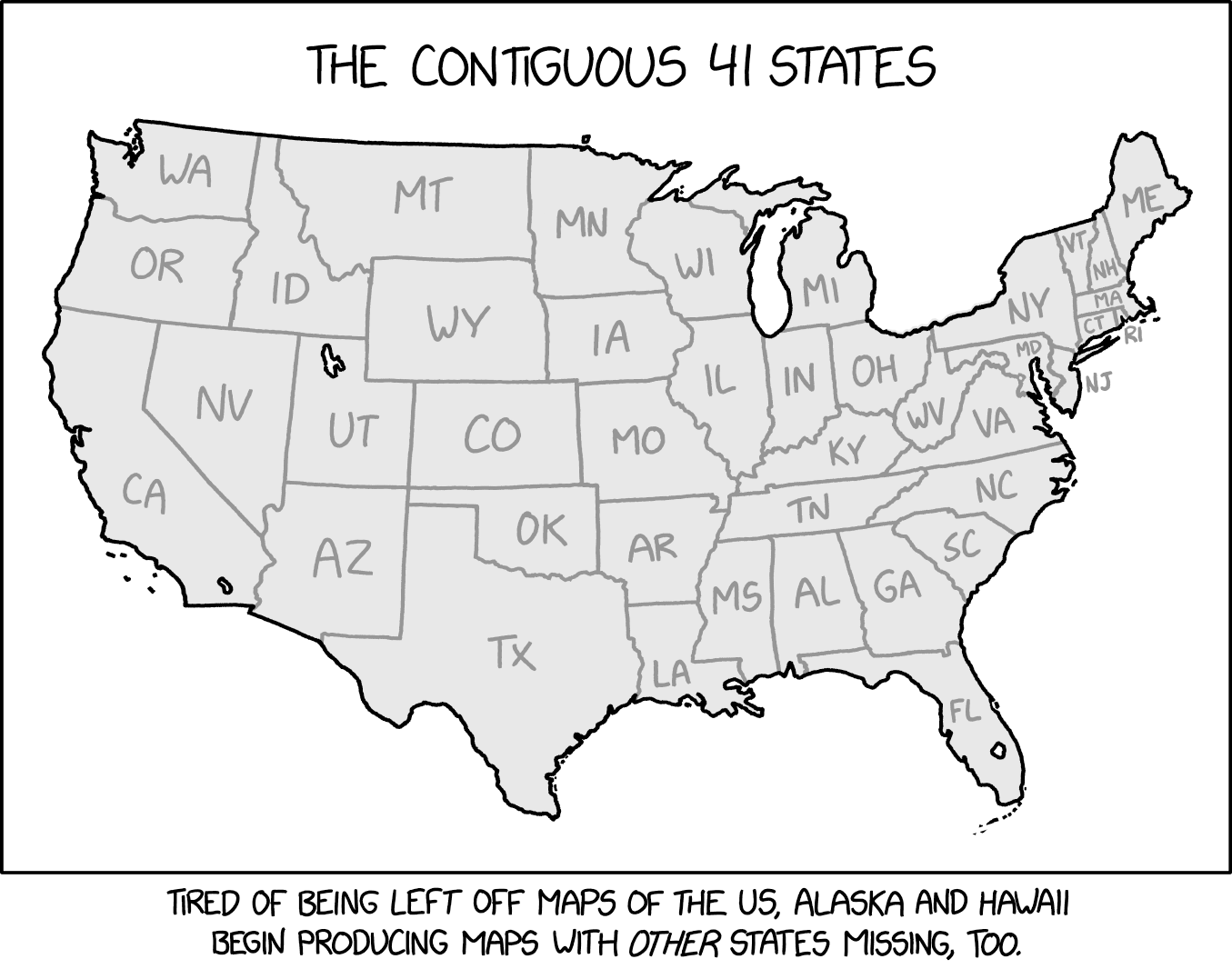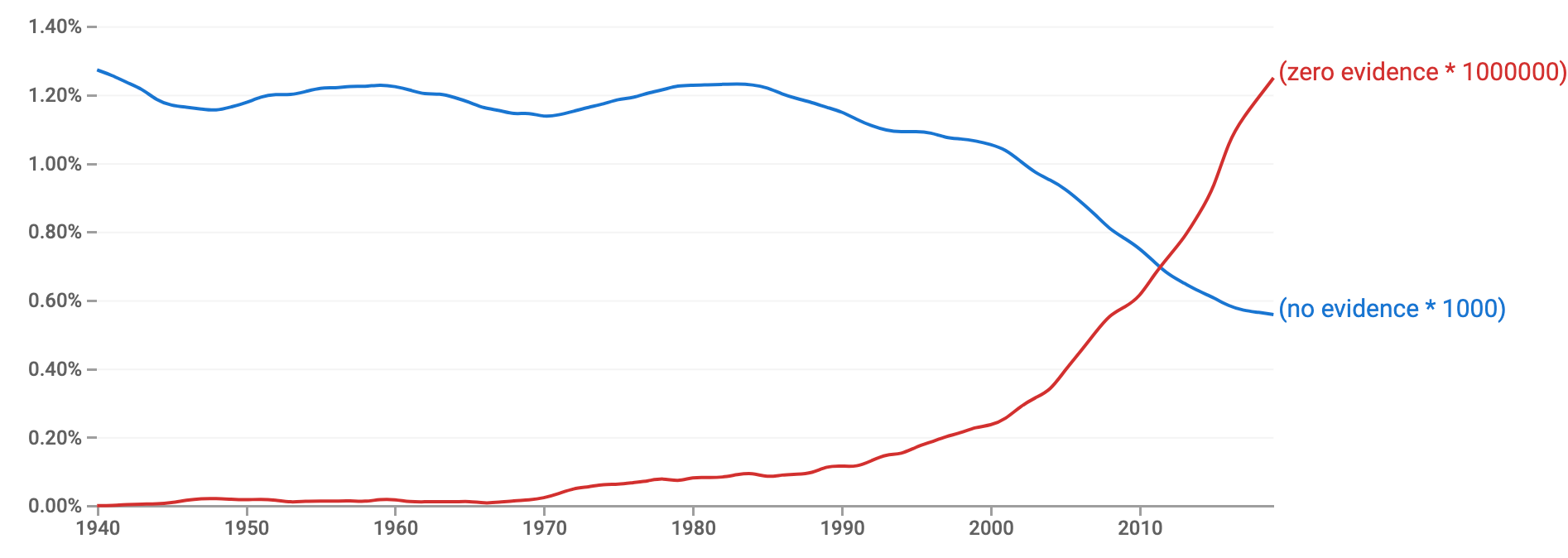A change.org petition, in French, is here. An English translation follows (which was sent to me by the ISSP2020 mailing list) — please consider signing the petition and forwarding it to others who may be interested.
On the 11th of August 1927, the ‘Speech Archives’ (which were created in 1911 by Ferdinand Brunot, based on the work of Abbé Rousselot and with the financial and technical help of Emile Pathé) were integrated under the direction of Hubert Pernot into a foundation of the City of Paris and the University of Paris: 'le Musée de la Parole et du Geste' (the Museum of Speech and Gesture). In July 1928, the Institute of Phonetics / Museum of Speech and Gesture were relocated from the Sorbonne to 19, rue des Bernardins, in the heart of the 5th arrondissement of Paris.
For 92 years, thousands of teachers, researchers and students have visited this historical place. Today, the Institute of Phonetics hosts two research teams (including the CNRS Laboratory of Phonetics and Phonology), a department of Language Sciences, nearly 500 students, about fifty doctoral students, a sound proof room and recording studio, etc.
Numerous scientific projects are in progress, in various domains:
– Medical: https://lpp.in2p3.fr/la-recherche/projets-contrats/CSC/
– Pedagogical: https://lpp.in2p3.fr/la-recherche/projets-contrats/gepeto/
– Forensic: https://lpp.in2p3.fr/la-recherche/projets-contrats/voxcrim/
– Preservation of languages: https://lpp.in2p3.fr/la-recherche/projets-contrats/almas/
We recently learned that the City of Paris will be going to resume possession of the building at 19, rue des Bernardins, for a new real estate project, sweeping away nearly a century of French linguistic history.
We, researchers and former researchers, teachers and former teachers, students and former students, partners, associations and supporters of research and teaching, ask the Mayor of Paris to reconsider her decision to close this symbolic place.
Please forward this message to anyone who may be interested.
Sign the petition here if you want to help us: http://chng.it/754JyBttKZ
Les amis de l'Institut de Phonétique (ILPGA)
amis.ilpga@gmail.com
19 rue des Bernardins
75005 Paris
Read the rest of this entry »

